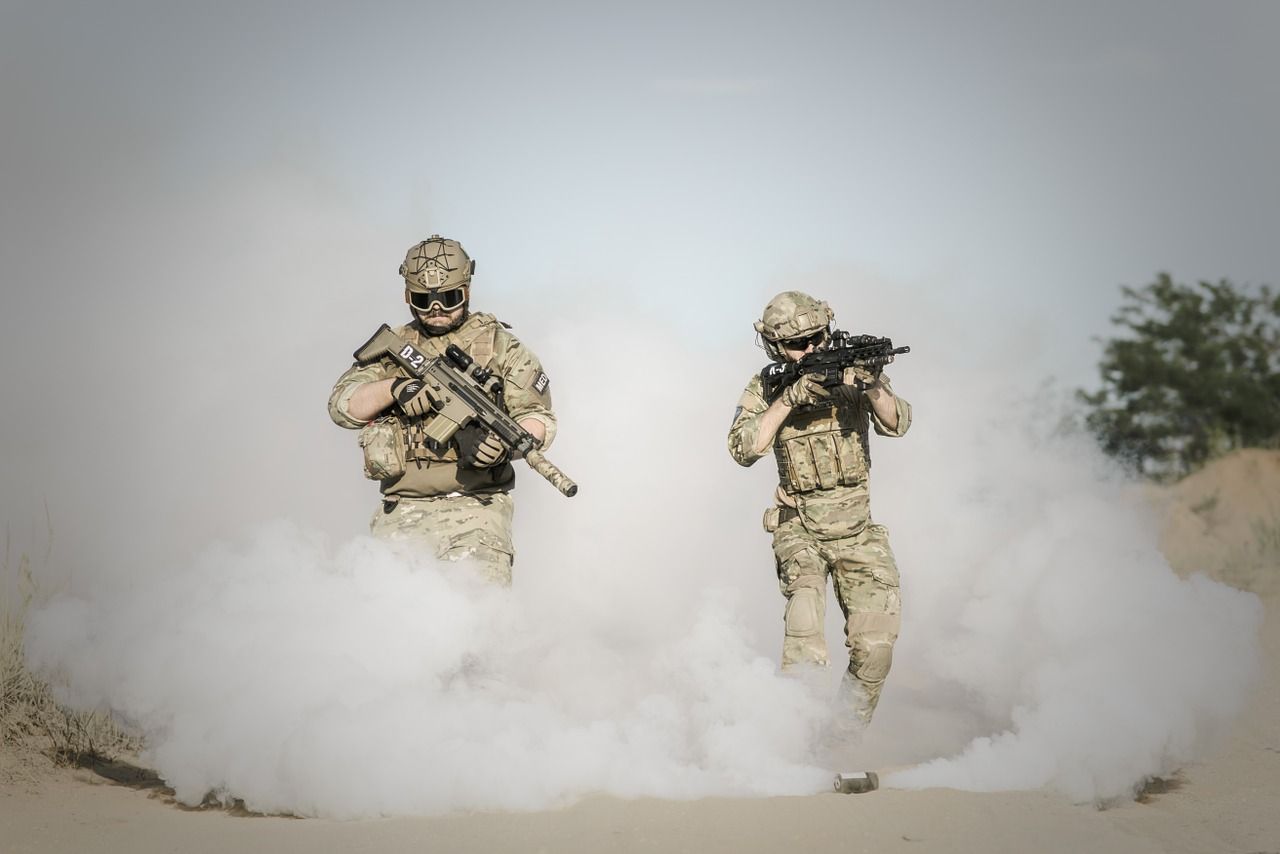For decades, military veterans have faced an uphill battle against combat stress and post-traumatic stress disorder (PTSD). With limited treatment options and the stigma around mental health care still lingering, many have turned to cannabis for relief. Yet despite growing acceptance of medical marijuana, the scientific community continues to wrestle with the question: Does cannabis truly help combat stress—or simply mask its effects?
The Promise vs. the Proof
Anecdotal reports from veterans often describe cannabis as life-changing—helping them sleep, calm anxiety, and control flashbacks when traditional medications fall short. However, the U.S. Department of Veterans Affairs (VA) and Department of Defense (DoD) remain cautious. The 2023–2024 VA/DoD Clinical Practice Guideline advises against using cannabis or cannabis-derived products for PTSD due to “insufficient evidence of benefit” and potential risks, such as dependency or worsening symptoms.
That caution is grounded in research. A limited number of randomized controlled trials (RCTs), the gold standard for medical evaluation, have been conducted—and their results are mixed at best. A 2021 pilot study involving veterans found no clear difference in PTSD symptom reduction between smoked cannabis and placebo, underscoring how expectations and dosage variability can influence outcomes.
A Closer Look at Cannabinoids
While THC (the psychoactive compound) remains controversial, synthetic forms of it have shown selective promise. A small RCT using nabilone, a synthetic THC analog, revealed a reduction in trauma-related nightmares among veterans. Though encouraging, this result doesn’t extend to whole-plant cannabis or edibles, and more trials are needed to validate its safety and consistency.
Meanwhile, CBD—the non-psychoactive cannabinoid known for its calming effects—is under growing investigation. Early studies and clinical registrations suggest CBD could enhance the effectiveness of exposure-based therapies by reducing anxiety and hyperarousal. However, no large-scale RCTs have confirmed these benefits yet, and questions about dosing and long-term effects remain.
Potential Risks and Limitations
Observational studies indicate that while some veterans feel immediate relief, regular cannabis use might have trade-offs. Research has linked heavy or chronic use to impaired cognitive function, dependency, and reduced motivation — all of which can hinder participation in therapy. Additionally, some studies suggest that veterans using cannabis to self-medicate may experience worse long-term outcomes compared to those who undergo trauma-focused treatment.
The National Academies of Sciences, Engineering, and Medicine review reaffirmed these concerns, finding “limited evidence” for mental health benefits and “substantial evidence” of risks, especially when use becomes frequent or replaces conventional care.
The Gaps Still to Be Filled
Science still lacks clear answers. Key unknowns include ideal cannabinoid ratios, dosage levels, delivery methods, and which patients might experience real therapeutic benefit versus those at risk of harm. Variability among cannabis strains, products, and potencies makes reliable testing difficult — especially since federal restrictions continue to limit research access to diverse cannabis materials.
Where We Stand
Today, the consensus among researchers is cautious optimism. Cannabis and its components may help specific symptoms — such as insomnia or nightmares — but there’s no proven cure or replacement for evidence-based PTSD therapies like cognitive processing therapy or prolonged exposure.
For now, veterans and clinicians alike face a complex balance between hope and evidence. Cannabis might offer relief where traditional medicine has fallen short, but without rigorous, large-scale research, it remains a supplement to — not a substitute for — comprehensive mental health care.
Learn more: A Simple Guide to Using Medical Marijuana for Restful Sleep

